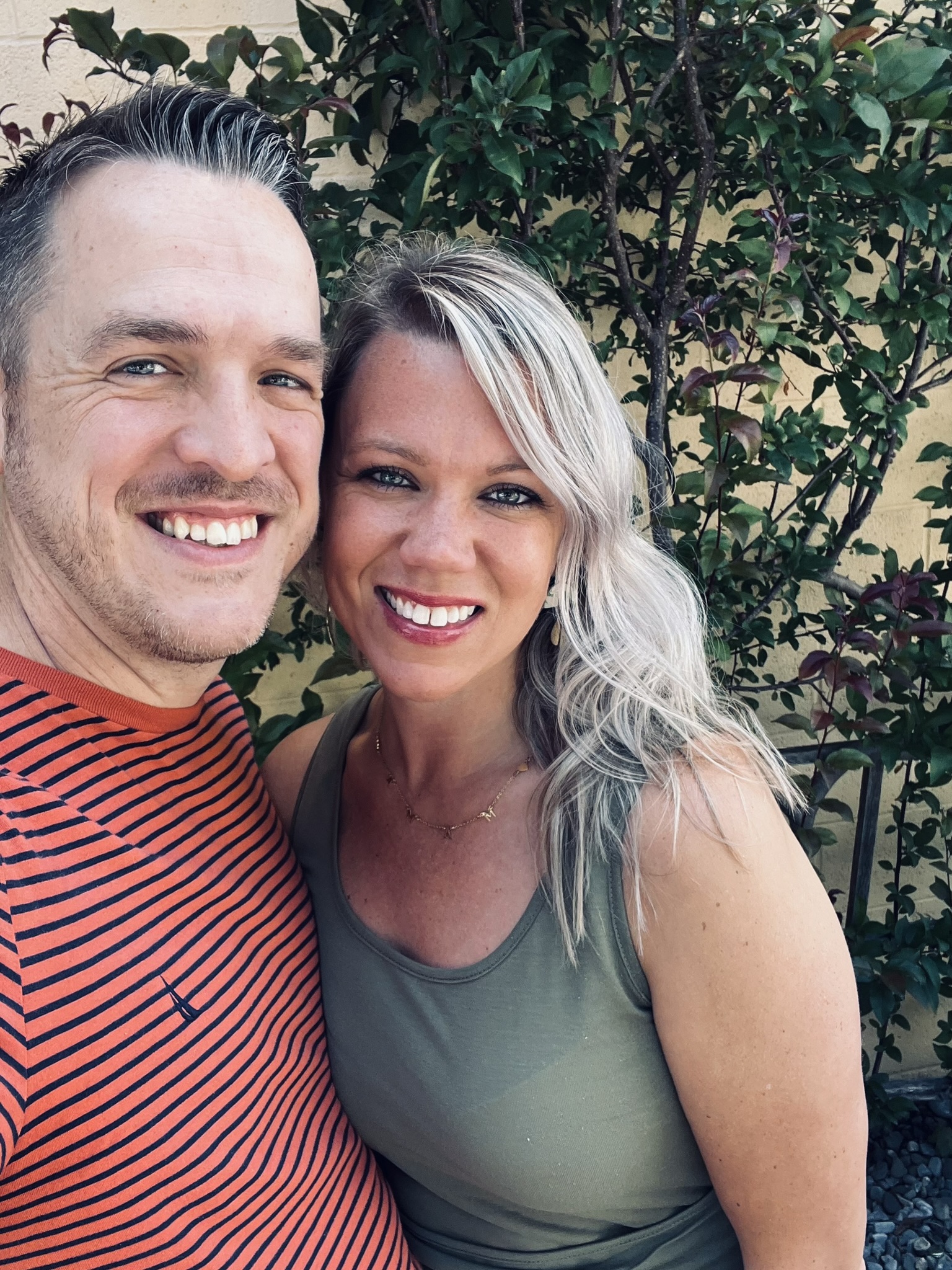Is it ok if I begin this month’s post with an honest confession?
I hate peeling onions. And when I say “hate”, I mean that in the strongest sense of the word. Sometimes, I think waterboarding or having my finger nails ripped off might be a more comfortable form of torture than peeling an onion. Once that outer layer is taken off and the aroma sneaks into my sinuses it’s game over. Complete waterworks from virtually every orifice in my head.
But do you know what the crazy thing is about onions? I LOVE eating them.
How is it that someone can practically melt when they’re peeling onions, but want to pile on more on their plate to consume? It’s weird, I know.
Don’t worry, you didn’t come to the SGO blog this month to read about my love/hate relationship with onions. What I really want to talk a little about is something else I’m in love with: Honesty. And believe it or not, it actually has way more to do with peeling an onion than you might think.
One of the things I’ve learned over the last 15 years working with men go from addiction to recovery is how much cultivating honesty with themselves and others is so much like peeling an onion. The process often takes place over the course of time, peeling back one layer at a time. It’s almost always a painful process for the man to go through as well as for his wife if he is married.
The problem I often find is the love/hate relationship most people have with being honest. It’s something they want in their lives, but often not something they’re willing to pay the price for. And believe me, there is a cost to being honest. The question simply becomes: Are you willing to be honest now or will you be forced to be honest later? Two different scenarios with two vastly different consequences.
But once a man can enjoy the fact that he isn’t hiding anything anymore and that he can be honest with those around him about his struggles, he’s able to enjoy the fruit (the onion) that comes about from full transparency. I remember when I came to the place in my life that I was willing to be completely honest with myself and others. There’s no feeling like it. Especially when all you’ve done for 13 years is hide behind shame and guilt.
I have the incredible honor of leading a Wednesday night group for Small Groups Online. The men in this group are some of the greatest dudes I’ve ever known. I have the utmost respect for the work they are doing to take care of their hearts and walk in purity. But it hasn’t been easy. And there are a few guys who are really walking through it right now in terms of finally getting honest with their wives regarding their struggles. It’s taken them a while and some are suffering the consequences, but they haven’t fainted from the goal of becoming the men that God has created them to be.
If we’re to truly know each other and be known, we have to learn to be honest with each other. Listen to what is says in Galatians 6:2 TPT:
”Love empowers us to fulfill the law of the Anointed One as we carry each other’s troubles.“
See, I believe honesty is rooted in our ability to love ourselves and other people well. If you know that I love you, you will allow me to see inside your world. We were designed to help lighten the load of other people as they walk through the issues of life.
Small Groups Online offers an incredible opportunity for you to get to know others who deal with both similar and different struggles than you. Everyone in SGO walks shoulder to shoulder in an environment where you can be completely honest about your addiction and your recovery. No judgement whatsoever. If you’ve never really invited community into your life, SGO is the perfect place to start. Check it out today!
The men who I’ve worked with who have found long term success in recovery are those who have been able to be the most honest with themselves and those closest to them. Point blank. It doesn’t mean they don’t make mistakes or have set backs. It just means they will no longer hide in the shadows of shame where they created a wall between themselves and others who care.
Take your first, real step of truthfulness toady by calling that person you’ve been meaning to talk to but haven’t. No more excuses. Honesty is waiting for you. Are you ready for it?

Frank is passionate about helping individuals live with sexual integrity. He also works alongside his wife Tracey in helping spouses who have been devastated by their partner’s addiction. Frank & Tracey live in beautiful southern Delaware with their two children: Nathan and Addison.

